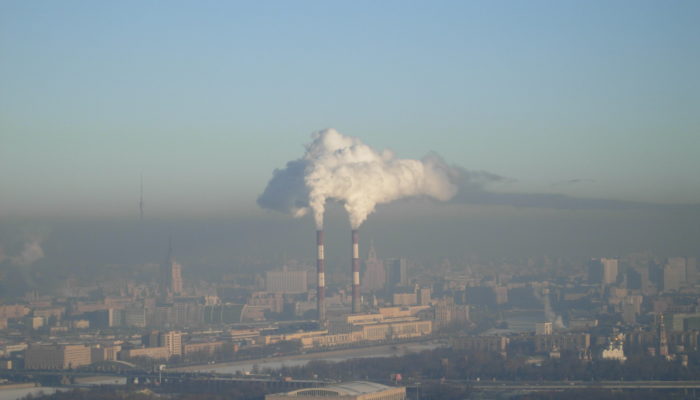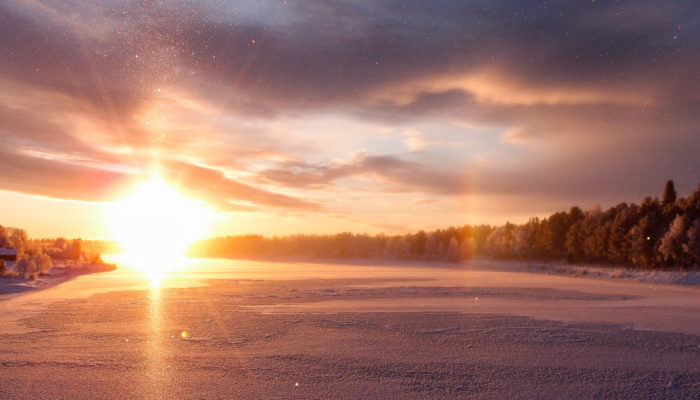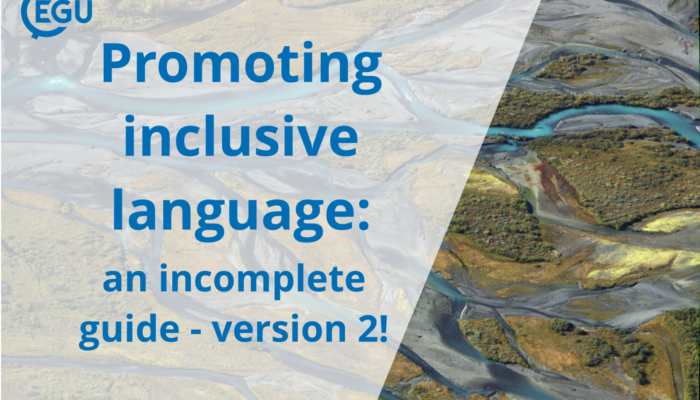120 years ago in 1901, Swedish meteorologist Nils Ekholm used the term ‘greenhouse’ to describe the heating effect that a planet’s atmosphere has on the surface temperature of the planet, the first time that this now much-used and abused metaphor was published. He wrote: “The atmosphere plays a very important part of a double character as to the temperature at the earth’s surface, of which the one ...[Read More]
120 years of the ‘Greenhouse Effect’




